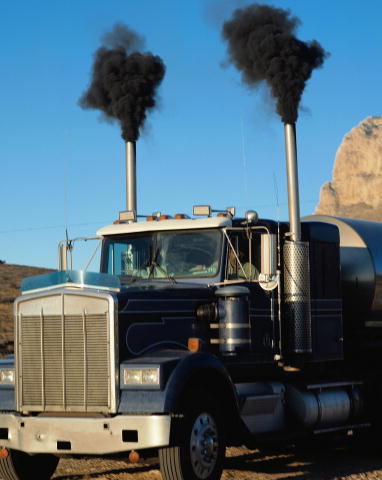
Photo by Dorothea Lange, courtesy Wikimdia Commons
People live longer during depressions. A new analysis in PNAS finds that life expectancy of Americans during the Great Depression increased by a whopping 6.2 years—from 57.1 in 1929 to 63.3 years in 1932. This was true for men and women of all races, all age groups, and all causes of death—except suicide.
The researchers analyzed mortality rates from the six most prevalent causes of death in the 1930s: cardiovascular and renal diseases; cancer; influenza and pneumonia; tuberculosis; motor vehicle traffic injuries, and suicide.
Health overall improved during the four years of the Great Depression, as well as during recessions in 1921 and 1938. Conversely, death rates rose during periods of strong economic expansion, such as 1923, 1926, 1929, and 1936-1937.
Why the counterintuitive results?
Well, the study didn’t tackle this question. Though the researchers have a few hunches. All related to the fact that working conditions are different during economic expansions and recessions:
- In expansions, firms are busy and typically demand a lot from employees, including overtime and a faster work pace. This creates stress, which is associated with more drinking and smoking. [Translation: They work you to death.]
- In expansions, inexperienced workers are hired more likely to injure or kill themselves on the job.
- People working a lot tend to sleep less, reducing overall health.
- People working a lot eat more poorly. Either richer, fattier foods. And/or overworking crap food. [Might I add: more meat?]
- In recessions, because there’s less work, everyone works at a more relaxed pace. People sleep more.
- In recessions, people feel, or are, poorer and spend less on alcohol and tobacco. [ Hmm. Not sure I agree with that one. The researchers are not bar-goers, is my guess.]
- Economic upturns are associated with increases in atmospheric pollution, with its well-documented short-term effects on cardiovascular and respiratory mortality.
- Economic expansion may increase social isolation and decrease social support because everyone’s working so hard.
So, extreme ambition, cut-throat rivalry, pointless materialism, workalholicism, and general slavery to the almighty boss and his henchman the dollar is deadly to human life?












